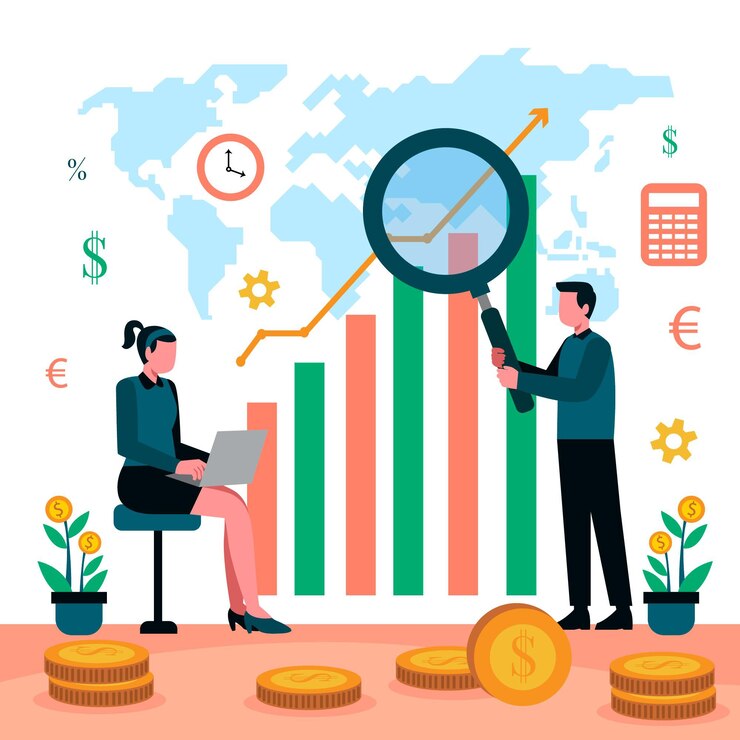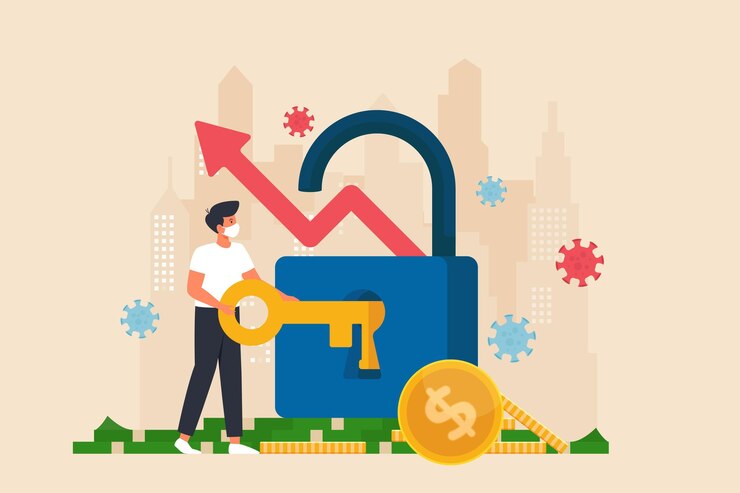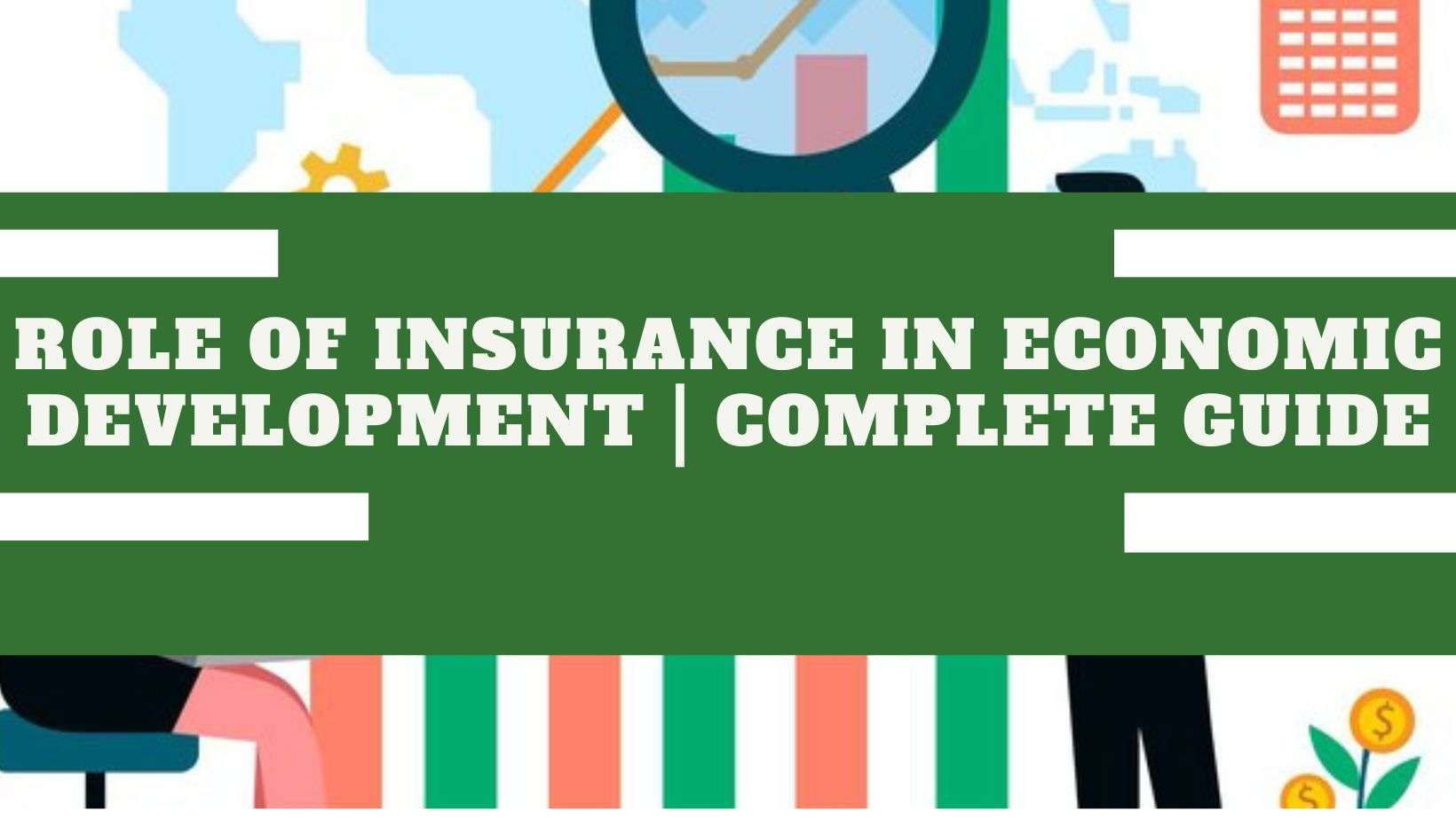Role of Insurance in Economic Development: Insuring oneself is crucial for all facets of life. Having sufficient insurance protects you from unforeseen catastrophes that could happen at any time and leave you in a financial, mental, and emotional ruin. Additionally, the money spent in insurance premiums contributes to the national, state, and local economy, guaranteeing overall economic progress.

Steps for Economic Growth in Society
These are some of the ways that insurance is essential to ensuring the general society’s economic growth.
Enhances Security:
The purpose of insurance is to give you a safe and secure way to deal with any unfavorable or catastrophic situation. Being safe and secure is more of a mentality that results from knowing that, despite the challenges ahead, you will have what you need. You can obtain the financial support you require to recover from a disaster if you have the appropriate insurance policy.
Also Check This: How too Cancel aaa Insurance
Generates Financial Resources:
You are encouraged to invest and save for a comfortable future by insurance coverage. In addition to being invested in the economy each time you pay a premium, the money goes toward increasing the equity in your policy. You might be able to access that equity in an emergency situation and utilize a portion of the funds to pay your debts.
Supports Economic Growth
The insurance companies invest money, which state and local governments can utilize to fund important initiatives because of the substantial amount of money they get in premiums. These investments help local companies in need of funding and advance economic stability.

Keeps Medical Expenses Manageable:
Getting enough health insurance is one approach to manage your medical expenses. Your insurance policy will pay medical costs for conditions that fall inside its coverage. Even while you will foot some of the fee, it won’t put a strain on your finances to the point where you must declare bankruptcy or forfeit important possessions.
Minimizes Exposure to Risk
Insurance firms are always in a position to spread out overall risk, which lowers your odds of suffering a significant financial loss, provided you have sufficient coverage in place.
Protecting Against Financial Loss
By definition, insurance acts as a kind of defense. It protects businesses against a wide range of serious risks associated with running a business, such as supply chain interruptions, accidents, and data breaches. Companies that have a policy in place are protected financially against occurrences that could potentially trigger door-shuttering, even ones that could result in losses of millions of dollars.
Insurance protects consumers from unforeseen personal costs by covering costs associated with medical care, property damage, and other expenses. As a result, throughout both prosperous and difficult times, customers may keep their purchasing power and boost the economy.

Protecting Economic Growth
It is impossible to overstate insurance’s role as a catalyst for the economy. Although policies are frequently thought of as life jackets that keep firms afloat in an emergency, they also drive corporate growth by empowering executives to take risks and innovate. The process of trial and error involved in research and development is mitigated by insurance plans.
Additionally, insurance gives businesses the tools they need to innovate by drawing lenders and investors with its increased stability and security. Particularly on a worldwide scale, this is accurate. The International Trade Administration notes that when overseas accounts receivable are insured, lenders are much more inclined to give higher credit lines and better borrowing terms to global exporters.
Providing Capital
The state of the economy is significantly impacted by the investments made by insurance companies. 370 global insurers with assets under management totaling over $28 trillion were polled, and most of them said they intended to base investment decisions on environmental, social, and corporate governance objectives. Long-term economic growth may result from this change in objectives for businesses that adopt sustainable practices.
Furthermore, 87% of insurers intend to increase their capital allocation to private investments, demonstrating their willingness to take on risk in order to diversify and support new markets and the post-COVID recovery.
Stabilizing the Economy Under Crisis
In times of economic crisis, insurance’s protective quality becomes extremely valuable. Insurance acts as a safety net, reducing losses during inflationary times and economic downturns. Insurance stops further asset losses as customers’ purchasing power declines, hence averting severe social inequity. Certain insurance products, such as life insurance, may also be very alluring because of features that optimize returns while protecting against inflation.
The ability of insurers and governance to work together after a crisis may be crucial to catastrophe recovery and economic revival. The World Economic Forum states that insurers may contribute to stability by sharing their knowledge of risk management and by choosing investments that will pay off in the long run.
Also Check This: Does usaa Do Motorcycle Insurance
CHALLENGES AND OPPORTUNITIES FOR THE INSURANCE INDUSTRY
Insurers’ Role in Global Economy and AI
- Insurance companies are influenced by global economic conditions.
- Transforming digital infrastructure and adapting to high-efficiency world is a challenge.
- McKinsey predicts AI will significantly impact insurance, streamlining processes like underwriting and claims.
- Automation will allow insurers to focus on high-value touchpoints and improve customer experience.
- Investment strategies can positively shape the global economy.
- Enhancing insurance affordability and accessibility is crucial to prevent racial and financial gaps.
- Partnerships with government agencies and local organizations can lead to inclusive policies and wider customer base.
There will be more challenges arising from climate change on several fronts. Underwriting losses are increasing in tandem with the frequency and severity of natural disasters, increasing the temptation to undertake more ESG investing efforts.
Insurers may want to think about creating solutions that shield customers from climate-related risks in order to counteract the inevitable losses; these products will become more and more appealing in the years to come. Leaders in insurance must also reevaluate their holdings to determine which assets are most vulnerable to climate change threats.
Climate Change Impact on Insurance Industry
- Increased need for ESG investment due to correlation between natural disaster frequency and underwriting losses.
- Insurers considering developing products to protect clients against climate-related risks.
- Reassessment of holdings to identify assets most susceptible to climate change effects.
How it will able to minimizes exposure to insurance?
Insurance firms are always in a position to spread out overall risk, which lowers your odds of suffering a significant financial loss, provided you have sufficient coverage in place.
How it will Protect our Economical Growth?
Insurance is a crucial economic catalyst, driving corporate growth, empowering executives, and attracting lenders and investors through increased stability and security.
